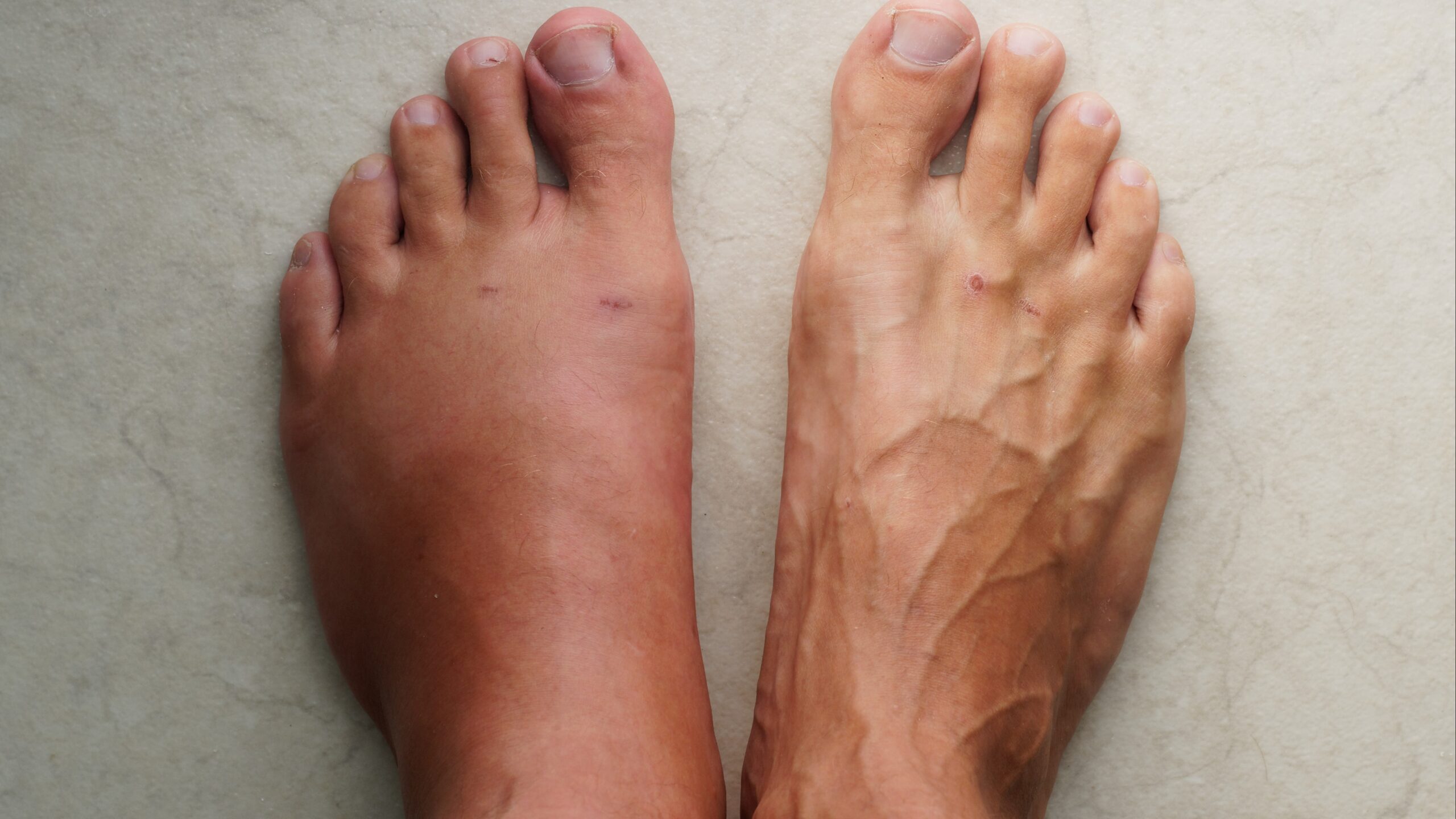
When most people think about swollen feet, they think of a few possible reasons for the annoying symptom: pregnancy, injury, or a job that requires a lot of walking.
Unfortunately, lots of people experience swollen feet without being pregnant, without any injury, and without spending a significant amount of time on their feet.
In those cases, what's to blame?
Swollen legs, ankles, and feet are annoying, but most people assume they're harmless. Maybe you just prop your feet up for a few minutes, ice them, or give them some time to rest.
Normally, this is fine, but there are actually certain cases when swollen feet are a symptom of something much more serious. If your feet puff up out of nowhere, it could actually be a sign of an underlying medical condition.
Read below to find out more about some of the most alarming causes of swollen feet.
More from LittleThings: 10 Ways Feet Can Give Real Clues About Overall Health
Cause No. 1: Deep Vein Thrombosis
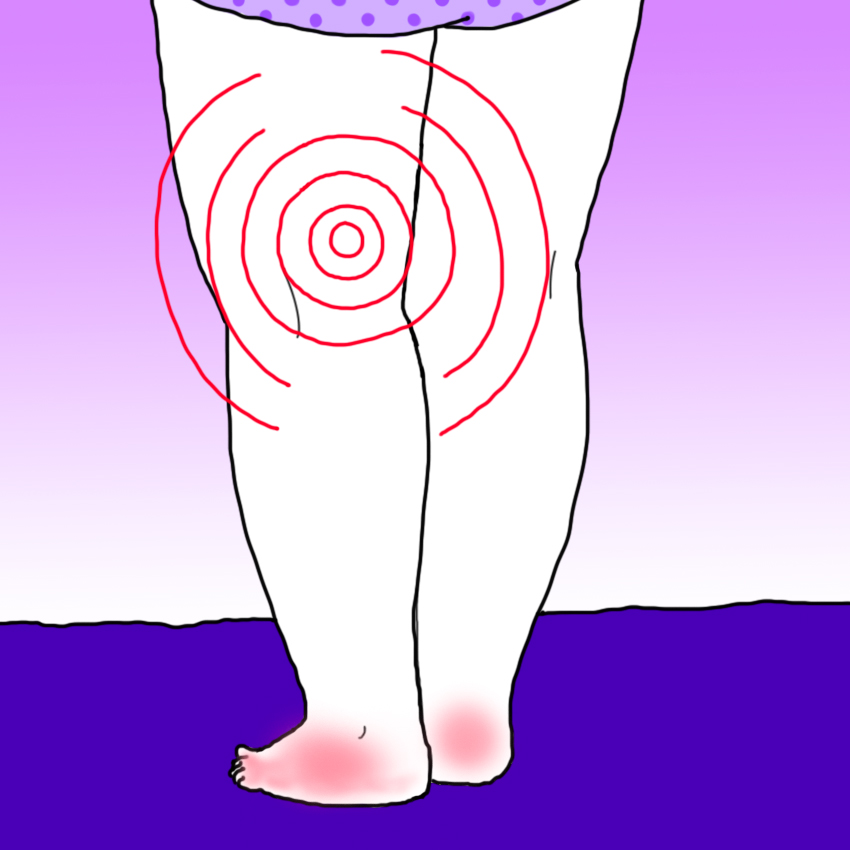
According to the Mayo Clinic, "Deep vein thrombosis (DVT) occurs when a blood clot (thrombus) forms in one or more of the deep veins in your body, usually in your legs."
DVT can cause pain and swelling in your legs and feet, and it can be very serious. If the blood clots break loose, they can travel through your veins and end up in your lungs, where they can block blood flow and cause a pulmonary embolism.
DVT is an extremely serious condition, and you should seek urgent medical attention if you believe you have it.
Cause No. 2: Achilles Tendinitis
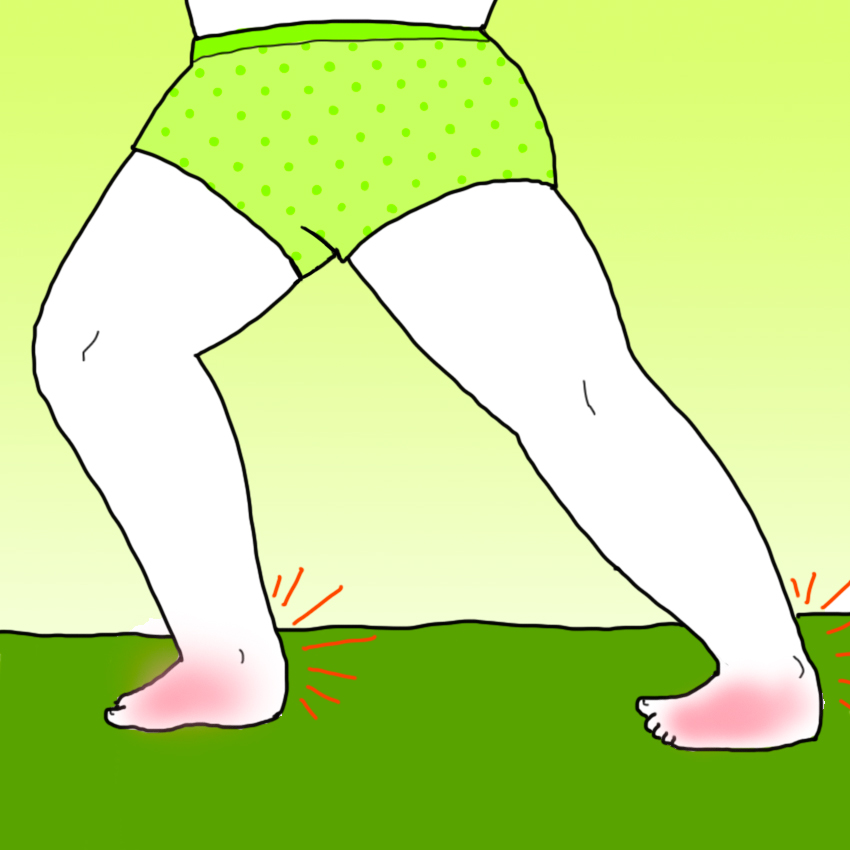
The American Academy of Orthopaedic Surgeons explains that Achilles tendinitis is a common condition, and it can cause pain in the heel and back of the leg.
In addition to pain and stiffness, Achilles tendinitis can also cause swelling in the heel and ankle areas. The swelling may be present at all times, but it will definitely be worse after exercising or other physical activity.
Cause No. 3: Osteoarthritis
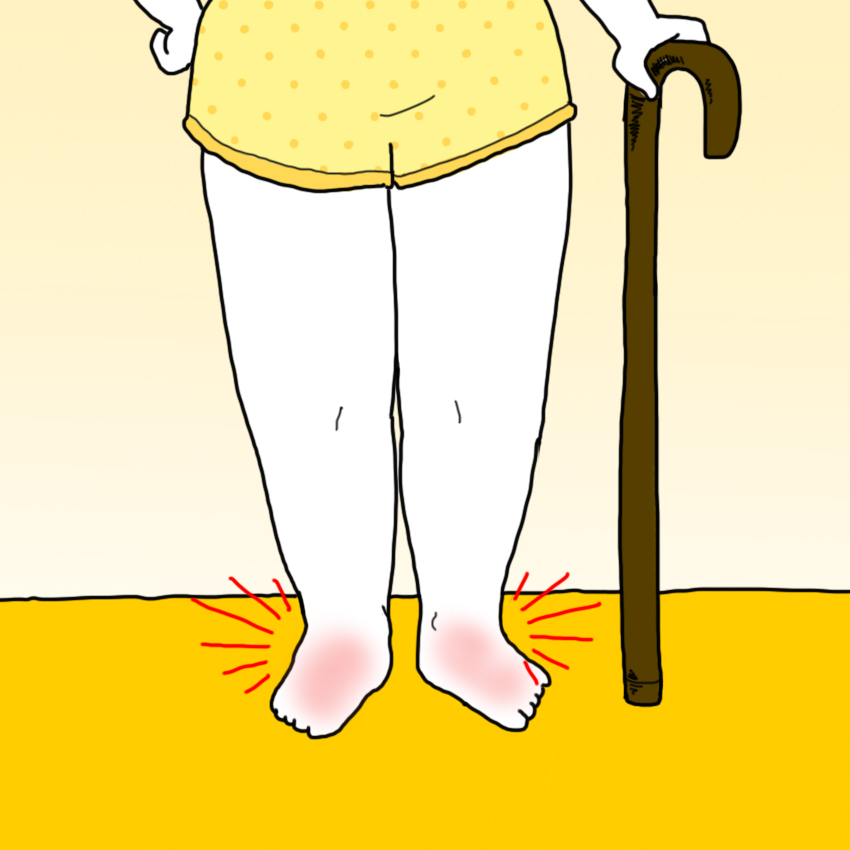
Osteoarthritis — the most common form of arthritis — is known as "wear-and-tear" arthritis, meaning it's age-related and due to a breakdown of cartilage.
Foot and ankle osteoarthritis can cause pain, tenderness, stiffness, and swelling. People suffering from osteoarthritis may also find it difficult to walk or bear weight, explains WebMD.
Cause No. 4: Heart Failure
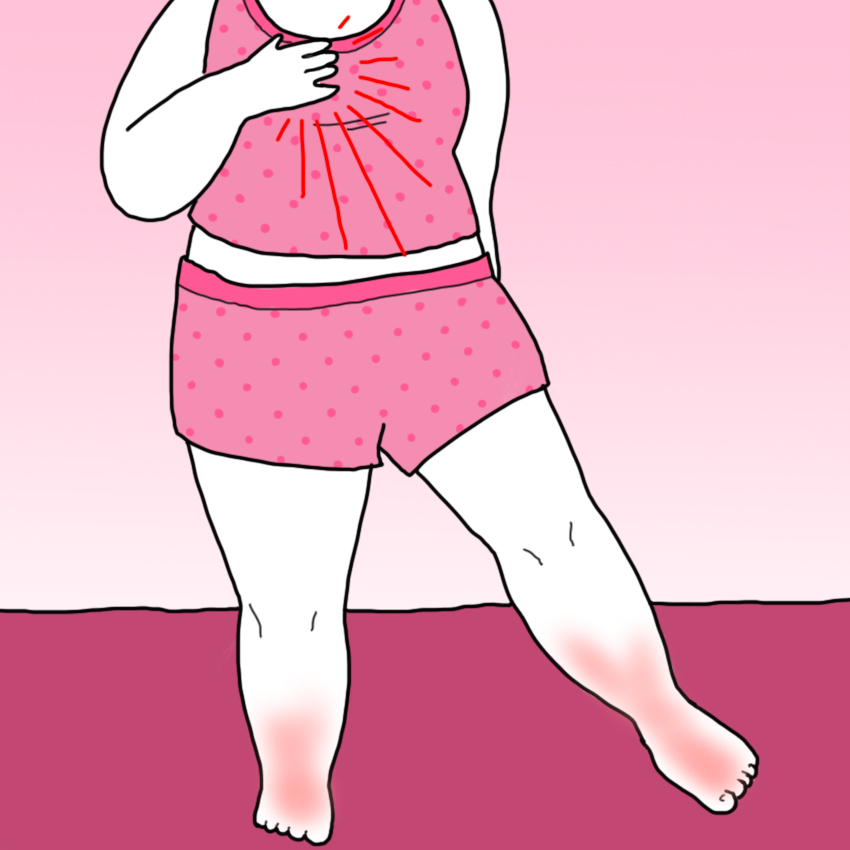
The signs of heart failure may be subtle, and one such sign is foot swelling.
According to the American Heart Association, one of the symptoms of heart failure is a buildup of fluid, known as edema.
This fluid retention can cause swelling in the legs, feet, and ankles.
Cause No. 5: Lymphedema
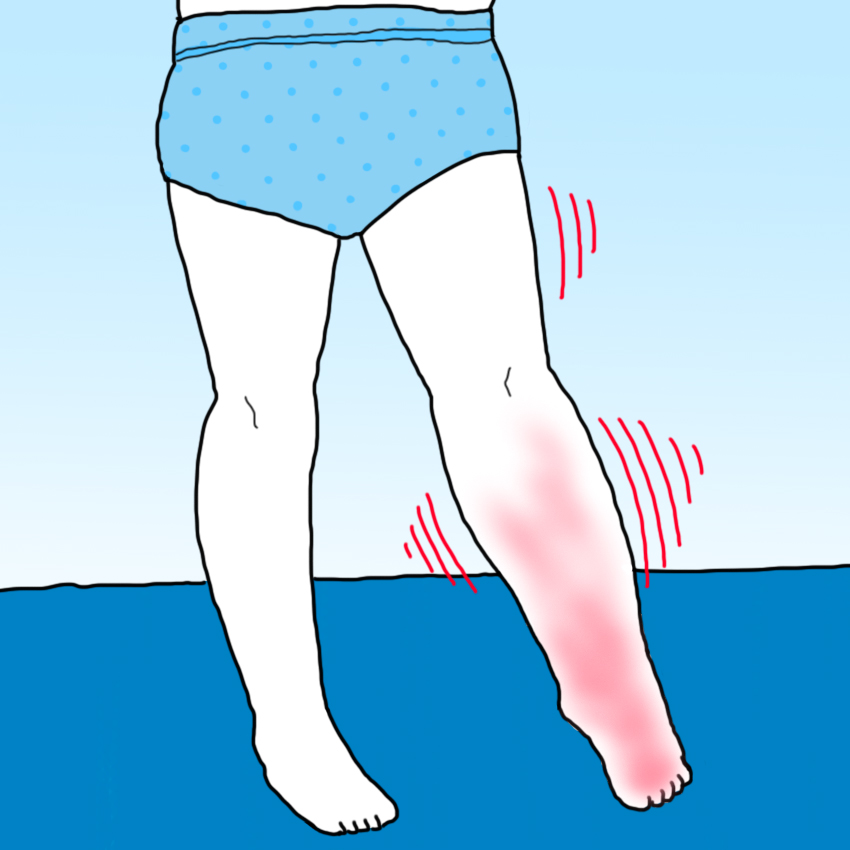
"Lymphedema refers to swelling that generally occurs in one of your arms or legs," explains the Mayo Clinic.
Some of the most common symptoms of lymphedema include aching, discomfort, recurring infections, a feeling of tightness and heaviness, and swelling in part or all of your limb.
If you have lymphedema in your leg, it may cause severe swelling in your ankle, foot, and toes.
Cause No. 6: Cellulitis
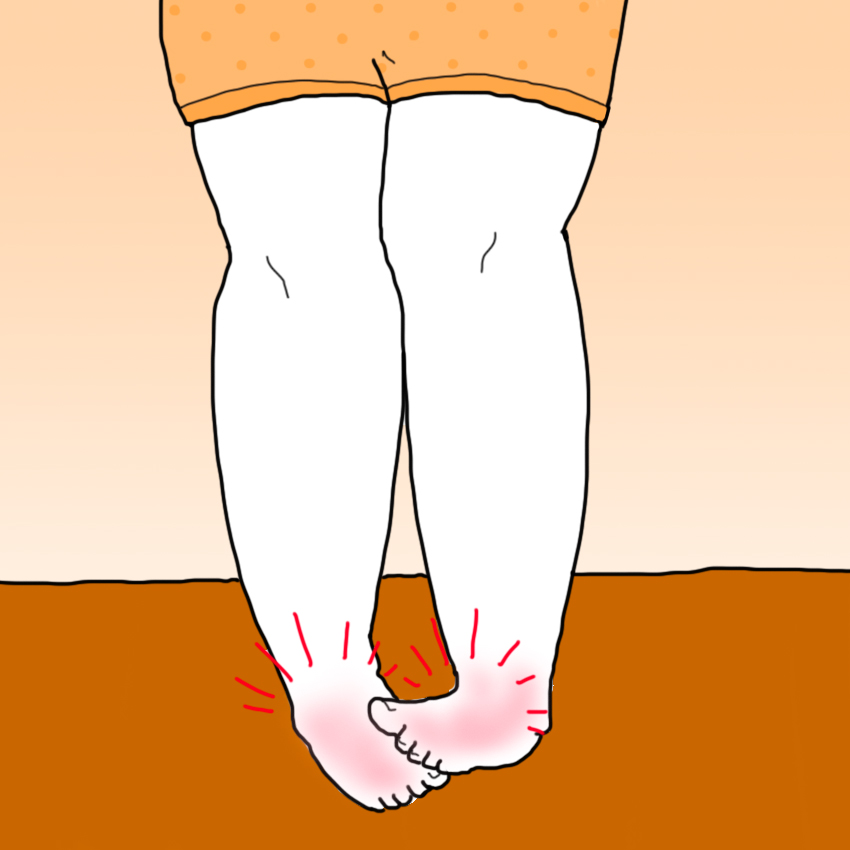
The US National Library of Medicine explains, "Cellulitis is an infection of the skin and deep underlying tissues."
This potentially serious skin infection can cause your skin to become swollen, red, and tender. The area may also feel hot to the touch.
Although cellulitis can occur anywhere on the body, it most commonly affects the lower legs.
Cause No. 7: Gout
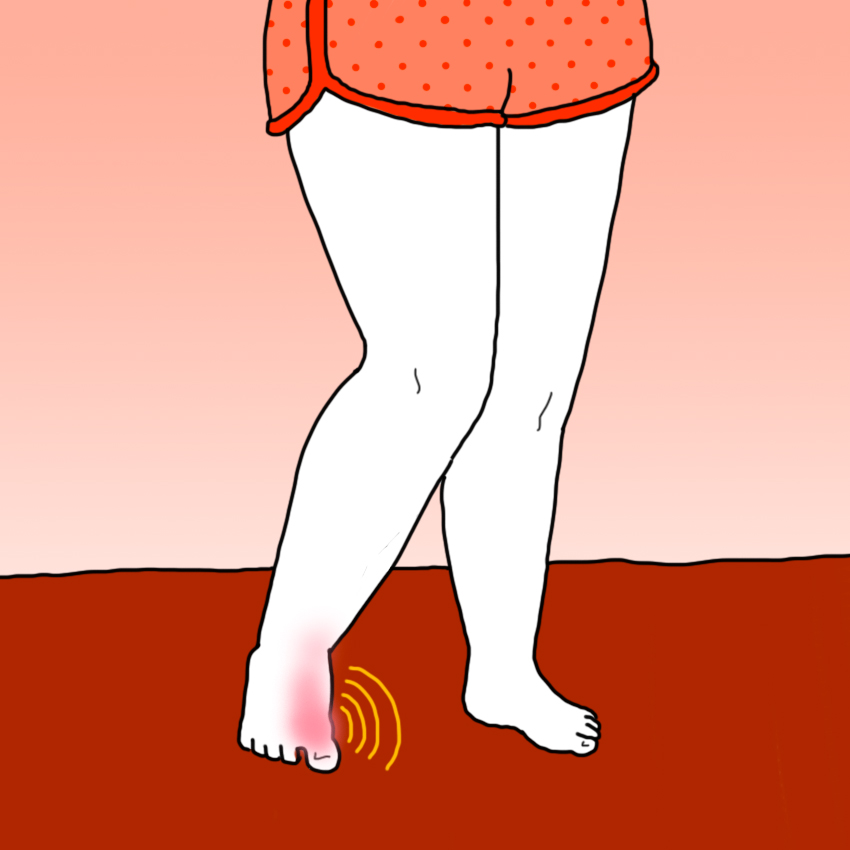
Gout, one of the most painful forms of arthritis, occurs when too much uric acid builds up in the body, explains the National Institute of Arthritis and Musculoskeletal and Skin Diseases.
Many people first experience gout in their big toe, but it can also affect the ankles, heels, insteps, knees, wrists, fingers, and elbows.
The most common symptoms of gout are pain, redness, stiffness, heat, and swelling.
Cause No. 8: Foot Bursitis
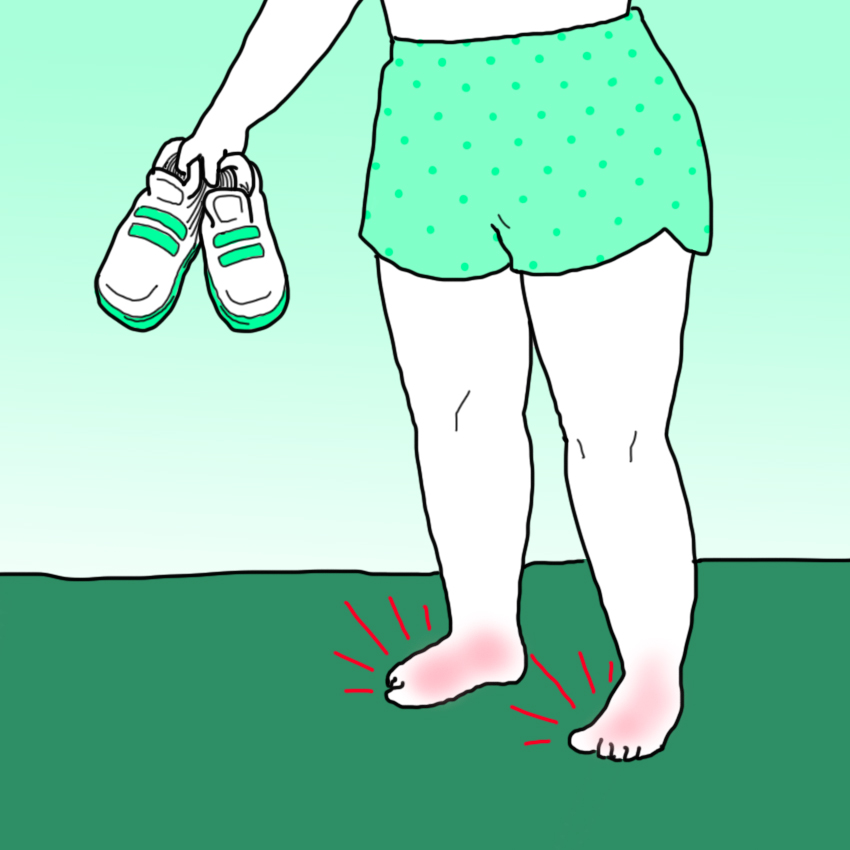
Bursitis, a condition that affects the fluid sacs that cushion your bones, tendons, and muscles, most commonly affects shoulders, hips, and elbows, but it can also affect knees, heels, and big toes.
When you have bursitis, the joint will feel stiff and achy, and it will look red and swollen. It will also hurt more when you try to move it or when you press on it.
If you think your swollen feet may be a symptom of any of these medical conditions, talk to a doctor about it.




